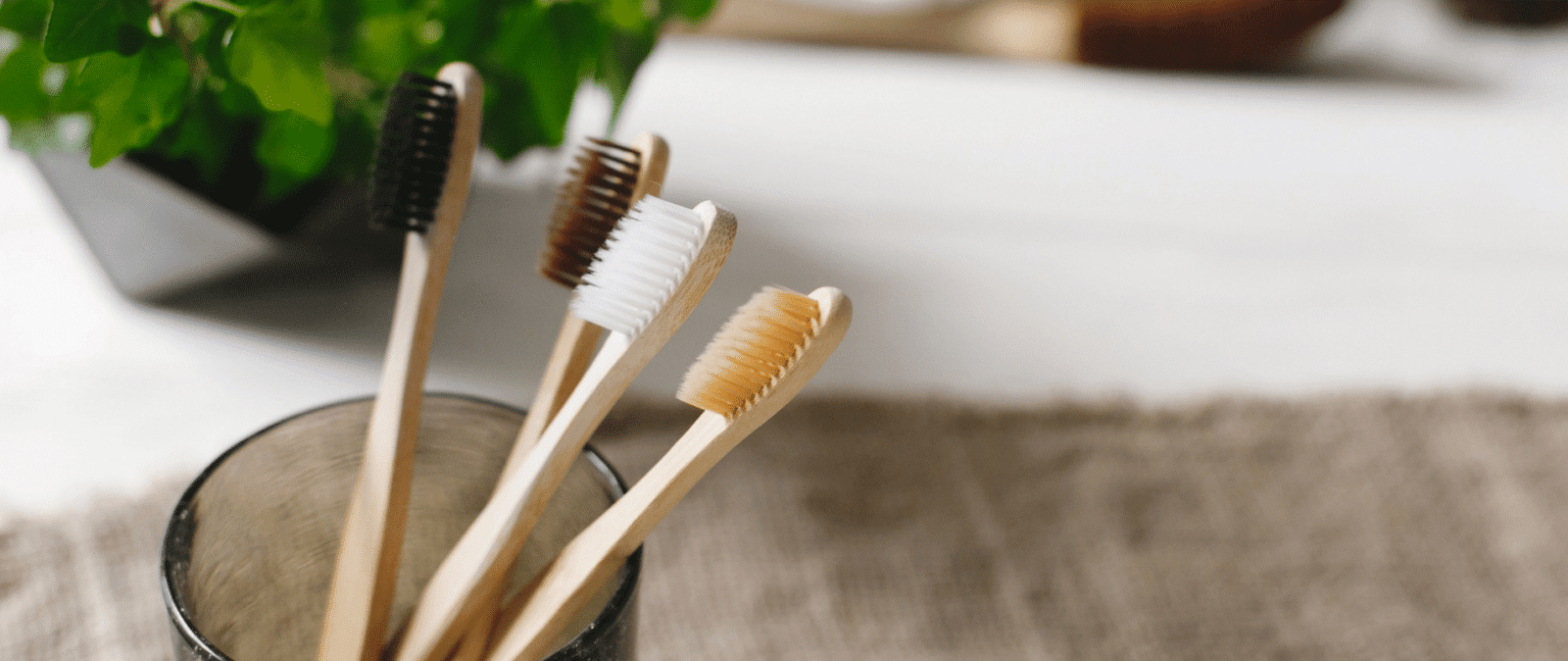- Post Wisdom Tooth Instructions
Post Wisdom Teeth Instructions: Aftercare
If you’ve been told you need your wisdom teeth removed, you probably have a ton of questions. As follows, a surgical operation is required to remove impacted teeth. However, post-operative care is critical. If these guidelines are properly followed, unnecessary discomfort and problems, such as infection, can be avoided. Today on the blog, Dr. Hoang, the best dentist in Bethlehem GA, shares post wisdom teeth instructions.
Wisdom Tooth Removal Instructions Immediately After Surgery
First, our Loganville dental office explains that the gauze pad should be left over the operative region for around 30 minutes after surgery. Then, the gauze pad should be removed and disposed after this time. So, if bleeding occurs, a gauze is normally required on and off for around 24 hours after surgery. It is very typical to have some leakage over the first 24 hours.
Typically, pressure is all that is required to halt intraoral bleeding. Our Bethlehem GA dentist will explain correct gauze placement to you.
Following surgery, avoid vigorous mouth washing and/or touching the wound region. This may cause bleeding to begin by dislodging the blood clot that has formed. To achieve a smooth post-operative course, the pain medication must be used exactly as indicated.
Handling Bleeding Right After Wisdom Tooth Extraction
Following surgery, some bleeding is to be expected. For the first 24-48 hours following surgery, little bleeding, leaking, or redness in the saliva is usual.
Importantly, significant bleeding occurs very seldom after wisdom teeth surgery. However, if you are bleeding, the first thing you should do is attempt to relax. Dr. O’Grady, Denver CO dentist, explains that if the bleeding persists, bite on a wet black tea bag for 30 minutes. Tannic acid in black tea aids in the formation of a clot by constricting bleeding vessels. To reduce future bleeding, sit upright, avoid being aroused, and prevent agitation, as these actions raise your blood pressure and, as a result, increase bleeding.
Then, if the bleeding does not stop, please contact our Bethlehem GA Dental office for further advice.
Sutures After Surgery
Sutures are used in the surgical region to aid with healing and to reduce post-operative bleeding. Then, simply remove the suture from your mouth and throw it away. After surgery, the sutures Unless otherwise specified, they dissolve on their own.
A Few Days After
The day after you get your wisdom teeth removed, you’ll want to stay off of your feet. After a few days, you can resume normal activity as soon as you feel comfortable.
Additionally, it’s okay to cold packs to the sides of your face where the procedure was done to reduce swelling after your home for a bit.
Most importantly, our dentist 30620 urges patients to not smoke or use any other tobacco products, like vaping.
Swelling After Wisdom Tooth Extraction
Swelling is typically expected in every wisdom tooth extraction. However, it is not uinordinary to have swelling around the lips, cheeks, eyes, and sides of the face. For example, this is a typical reaction of the body following surgery and ultimate healing. Furthermore, swelling will not be seen until the day after surgery and will not reach its peak until 2-3 days later.
However, the swelling can be reduced by using cold packs right afterwards. Thus, we recommend two ice baggies or frozen peas should be put to the sides of the face where the procedure was conducted. While you are awake, the ice packs should be turned on and off at 20-minute intervals. Ice has no positive impact after 36 hours.
Contact Gentle Dental Group For Wisdom Tooth Removal Near Me
In conclusion, we’re here to answer any questions you may have with post wisdom tooth instructions. Thus, contact our gentle family dentistry today to learn more.












